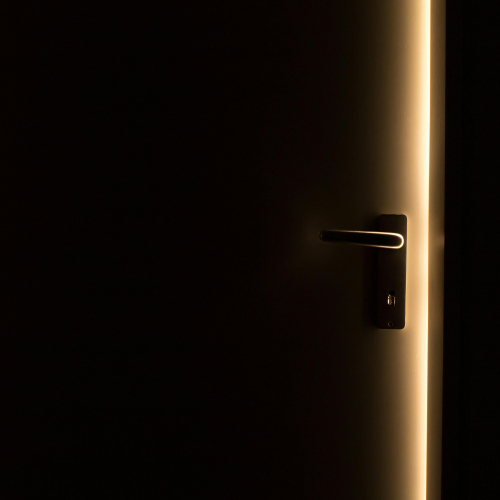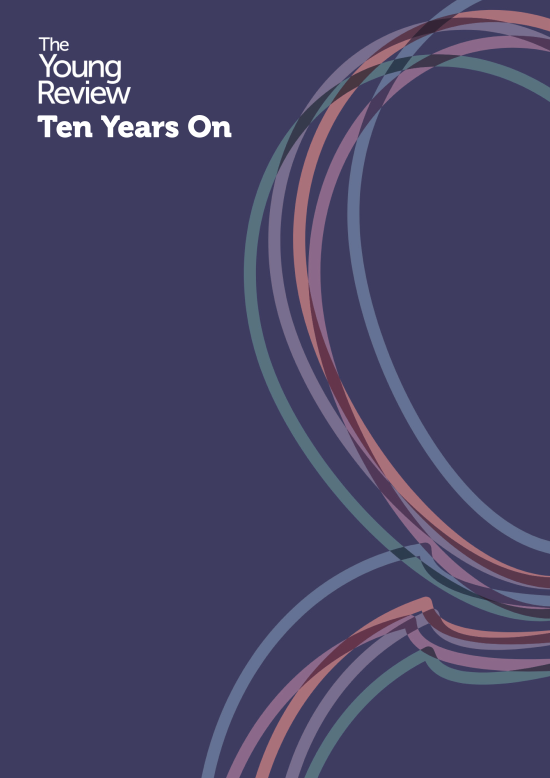Gender Matters, a new report by Lankelly Chase Foundation and I-SPHERE, examines the experiences of women who face multiple disadvantage in their lives and how these differ from men’s experiences. This blog takes a look at the findings, how they can help us shape a gendered approach to multiple disadvantage, and how contact with the criminal justice system can be best understood within definitions of multiple disadvantage.
Mapping multiple disadvantage
For 10 years, Clinks has worked alongside Homeless Link and Mind, through the Making Every Adult Matter Coalition (MEAM), to improve the lives of the most disadvantaged people in society. MEAM works to change the way services work for people experiencing a combination of homelessness, substance misuse, poor mental health and contact with the criminal justice system. We describe someone in this situation as facing ‘multiple disadvantage’.
Someone facing multiple disadvantage can often fall through the gaps between services and systems, making it harder for them to address their problems and lead fulfilling lives. When people fall through the gaps, their lives and experiences may not be recorded, making it harder for us to understand how many lives are affected by multiple disadvantage across the country and where.
In 2015, Lankelly Chase published Hard Edges, a landmark report which defined multiple disadvantage and mapped its prevalence across England. The report found that each year, over a quarter of a million people in England have contact with at least two out of three of the homelessness, substance misuse and/or criminal justice system, and at least 58,000 people have contact with all three.
Why a gendered definition of multiple disadvantage matters
Hard Edges is an important and impactful report, but many of us working in the area of multiple disadvantage, including Lankelly Chase Foundation themselves, were unsettled by one of its findings - that men make up 80% of all those facing multiple disadvantage. We were concerned that the report may have inadvertently underreported the number of women facing multiple disadvantage, through a definition that failed to recognise the different experiences of women.
Gender Matters, a new report by the same authors, seeks to address this gap. The report uses a new primary definition of multiple disadvantage which includes four measures: poor mental health, experience of interpersonal violence and abuse, homelessness and substance misuse. This approach accounts for the fact poor mental health and experience of violence and abuse are far more common for women, and highly gendered experiences.
By using this new methodology, Gender Matters suggests multiple disadvantage may affect just as many women as it does men, albeit emerging from different causes and manifesting in different ways:
- 336,000 adults experience multiple disadvantage each year, with an approximately equal split between women and men
- Of the 17,000 people who experience the most severe forms of disadvantage each year, 70% are women
- Women are more likely to have experienced one or more form of primary disadvantage in their adulthood than men
- Women are much more likely than men to have faced violence and abuse in their adult lives, and more likely faced violence and abuse in combination with poor mental health and/or homelessness
- Women facing multiple disadvantage are likely to be slightly younger than men - 64% of women facing the most severe multiple disadvantage are under 30.
Gender Matters therefore completely changes our understanding of who is facing multiple disadvantage in England, and helps us to better see the gendered pattern of the problem - and how we might design services better.
Women, multiple disadvantage and the criminal justice system
In Gender Matters, contact with the criminal justice system is considered a secondary, rather than primary, form of disadvantage. This is because relatively few women who face multiple disadvantage will come into contact with the criminal justice system compared to men, and so a focus on criminal justice can’t accurately reflect the lives of many women who experience other forms of disadvantage.
Importantly for those of us working in criminal justice, the report also shows that while women facing multiple disadvantage are much less likely to come into contact with the criminal justice system, those that do have faced more complex challenges in their lives than men. The criminal justice system can therefore be considered a secondary form of disadvantage for women, as the relatively few women who will come into contact with it, are likely to do so as a consequence of earlier being failed by services to address their other forms of severe and primary disadvantage.
In seeking new definitions of multiple disadvantage, we must not try to prioritise different forms of disadvantage - but see them as compounding issues entangled in complex lives. An understanding of this strengthens the importance for local services to be flexible and holistic to respond to people’s complex lives, and to be able to respond to women’s distinctive circumstances earlier. Services that do this can help keep women with the most severe disadvantage out of the criminal justice system in the first place, where their experiences are only likely to worsen.
What we’re doing
By rethinking the role of the criminal justice system in its definition of multiple disadvantage, and bringing to the fore other forms of disadvantage, Gender Matters illuminates the lives of many women who have previously been overlooked.
Clinks along with our partners in the MEAM coalition are committed to embed an understanding of the gendered patterns of multiple disadvantage into our own work. In 2018, we published Jumping Through Hoops, exploring how women facing multiple disadvantage need different support to men, and last year supported a series of learning hubs to identify the specific barriers women face when trying to access support. The compelling insights of this report can help us to identify areas where we can build on this work.
This sits alongside Clinks’ long-term work to change how the criminal justice system works for women more broadly. We work with senior government officials, specialist women’s services, and other stakeholders at the local and national level, to advocate for fewer women in prison, in favour of gender-informed and trauma-informed alternatives. You can read more about Clinks' work on women in the criminal justice system here.
What's new
Blogs
Homelessness Strategy Blog
Publications
The Young Review - 10 Years On
Latest on X
The role is for a leader from an organisation focused on racially minoritised people, with expertise in service delivery, policy, advocacy, or related areas in criminal justice. Racial disparities are present at every CJS stage. This role ensures these voices are central in shaping policy to help address and eradicate them. Apply by Mon 18 Nov, 10am. More info: https://www.clinks.org/voluntary-community-sector/vacancies/15566 #CriminalJustice #RR3 #RacialEquity

